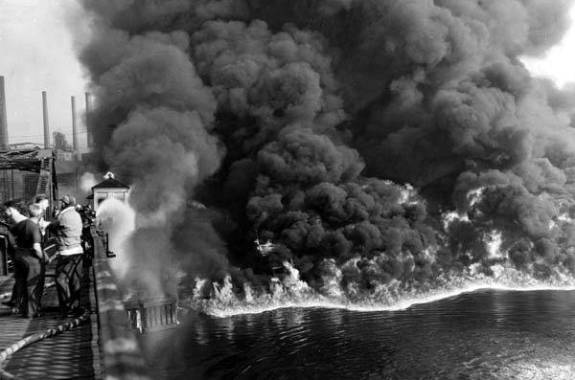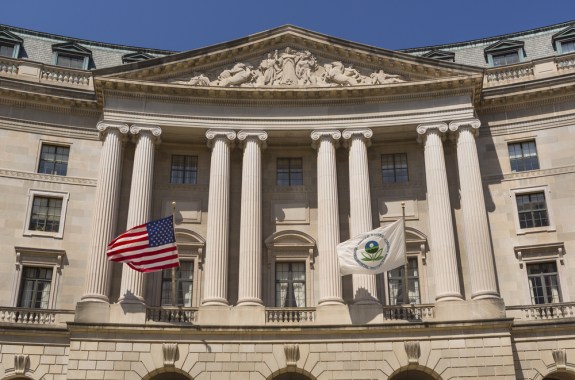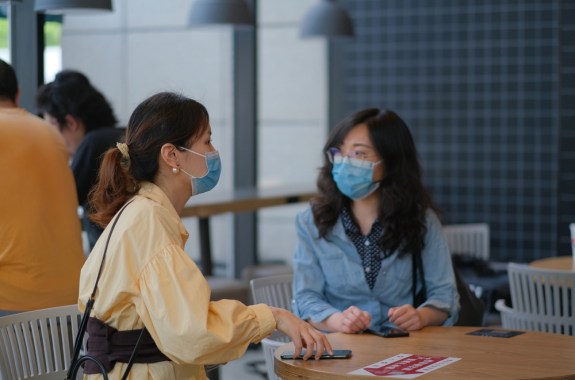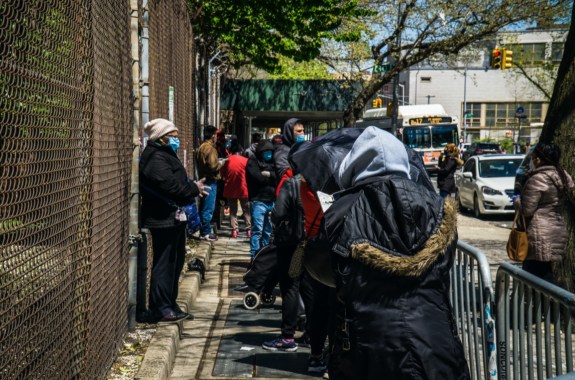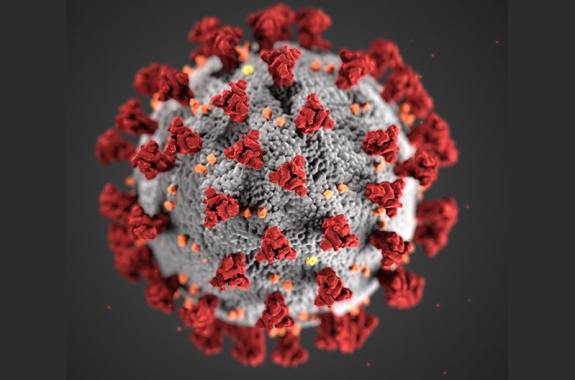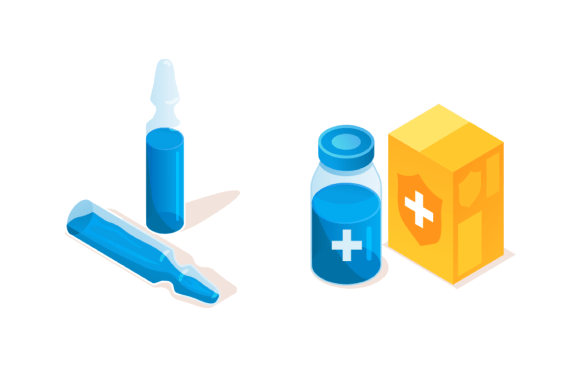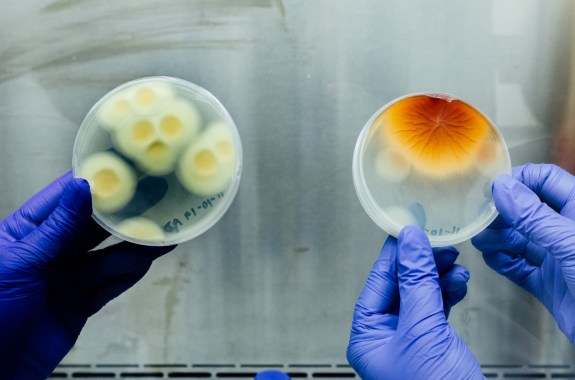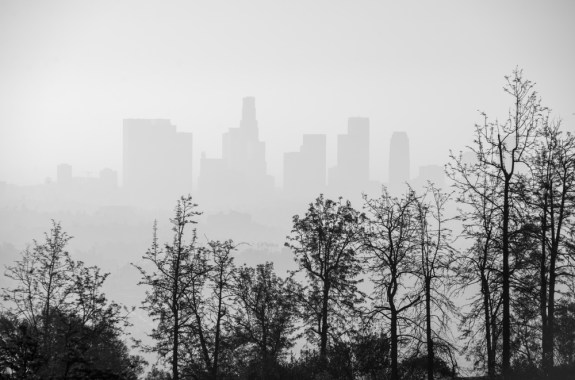These Pollution Disasters Pushed Environmental Policy Forward
From oil spills to burning rivers, view snapshots of some of the most catastrophic pollution events in U.S. history that inspired environmental protection efforts.
33:28
Environmental Protection Apocalypse: What’s Happening to the EPA?
The Trump administration is paving the way for polluters.
17:15
Fact Check My Feed: Finding The Falsehoods In ‘Plandemic’
Plus, a breakdown of this week’s COVID-19 news, including what we do and don’t know about the virus in semen and coronavirus mutations.
17:15
How Do We Build Trust Into Contact Tracing?
Governments and companies are building digital solutions to trace COVID-19’s spread. But public health experts say human labor and trust is irreplaceable.
34:08
The Many Ways COVID-19 Exacerbates Pre-existing Inequality
COVID-19 is disproportionately impacting Black, Latino, and Native American communities. Why?
12:04
A Shifted Coronavirus Timeline
The first COVID-19 death in the U.S. was three weeks before we initially thought.
12:10
The Challenging Path To A COVID-19 Vaccine
Are efforts to speed the development of a vaccine for the coronavirus adding risk to the process?
25:52
Finding Solutions To Treat Valley Fever
To doctors, valley fever is a medical mystery. And now, the fungal disease is spreading northeast, thanks to climate change.
12:07
Inequality In The Air
COVID-19 is having a disproportionate impact on minority populations who are exposed to polluted air.
12:07
Big Data’s Latest On Tracking The Spread of COVID-19
Are you following stay-at-home orders? In some countries, the government will use cell phone data to make sure.
